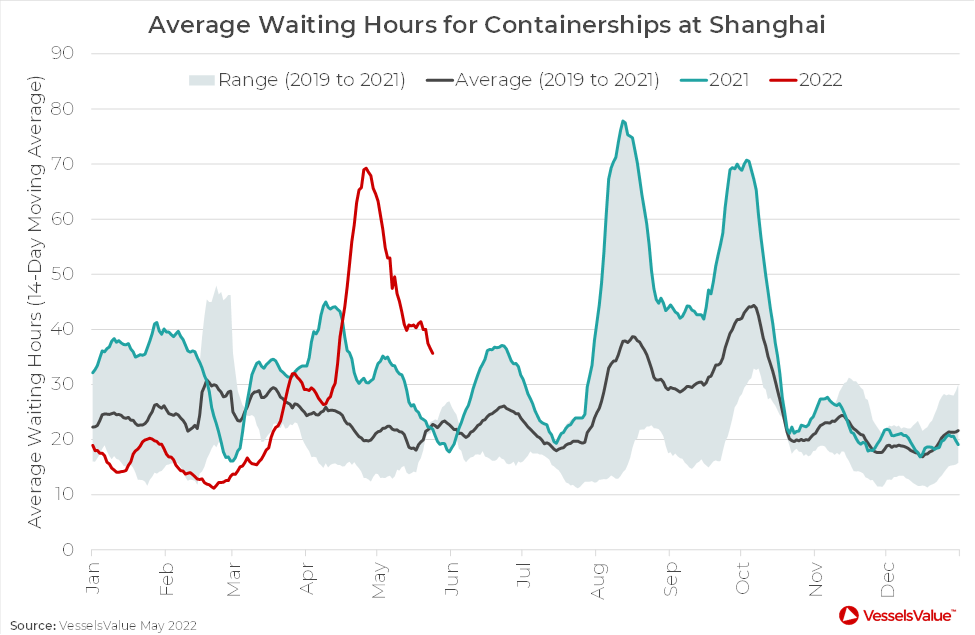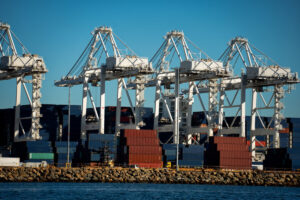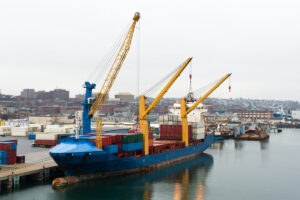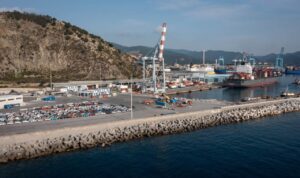Operations at the Port of Shanghai have approached normal levels – but experts warn of the possible ripple effects across the global supply chain.
On 1 June, Shanghai has started to ease COVID-19 restrictions that have disrupted port operations since China announced a lockdown last March.
The Danish giant Maersk has announced in a recent customer advisory that all depots and warehouse operations have resumed. Terminals in Greater China Area main ports remain business as usual including vessel operation, yard handling and gate-in and out.
Data from VesselsValue have confirmed that congestion at the port of Shanghai has reached near to normal levels. The news follows its recent analysis finding Shanghai’s congestion is to remain high despite the Covid wave increasingly shrinking.
Average waiting times for tankers, bulkers, and containerships at Shanghai have started to shrink.
Despite this decline, VesselsValue has reported that wait times specifically for containerships remain above historic levels: average waiting times for containerships, having peaked at 69 hours in late April, are now down to 31 hours, still some 4 hours longer than the higher end of the range seen for the time of year over the last three years, the analytics firm wrote.
A different report from Windward and Sea Intelligence has further suggested that, assuming that trucking capacity returns to normal, container flows can pick up significantly during June, as factories are starved for raw material and a significant number of empty containers will need to be inserted into the Shanghai area supply chain to cater for further increases as the peak season sets in.
Experts have concluded that the effects on production and supply chains will likely be felt for months despite operations have slowly resumed.
In particular, with the current trends in the market carriers are expected to be flooded with an extraordinary amount of containers – with capacity booming on the two Transpacific lanes by a little over 10 per cent in each of the upcoming 12 weeks compared to the respective weeks in 2019.










